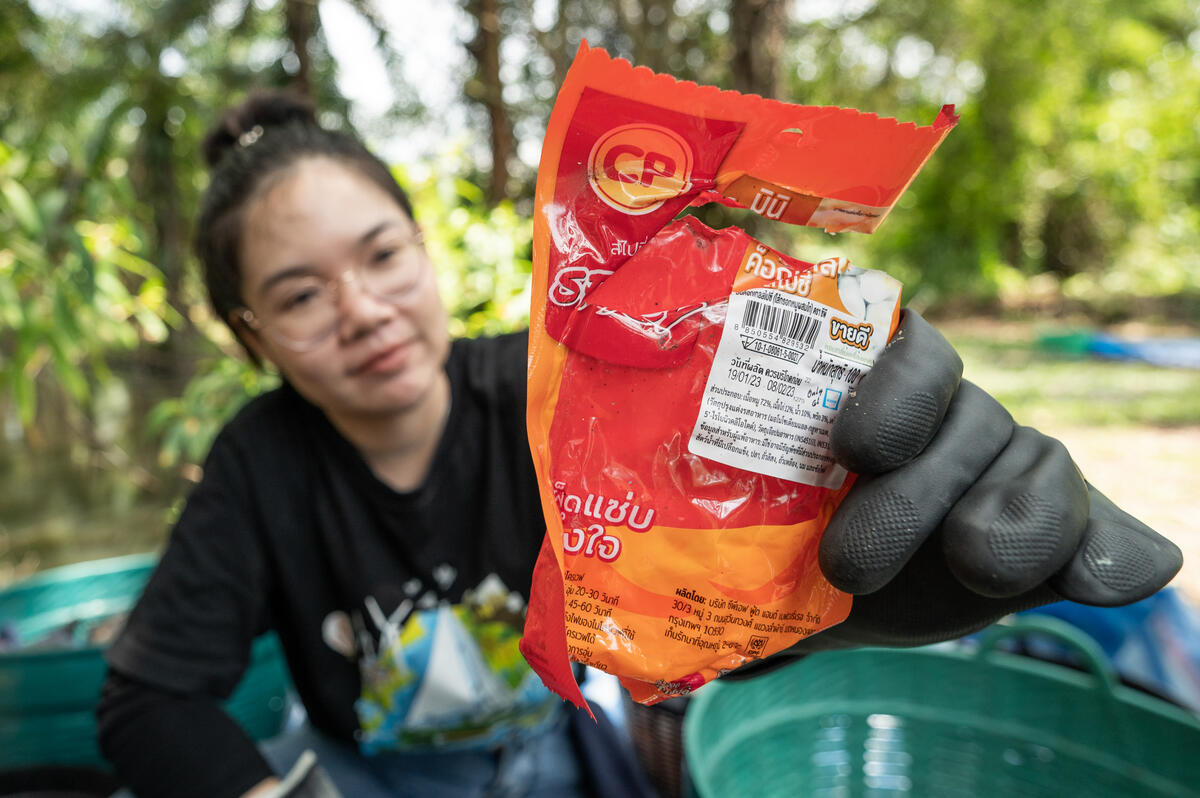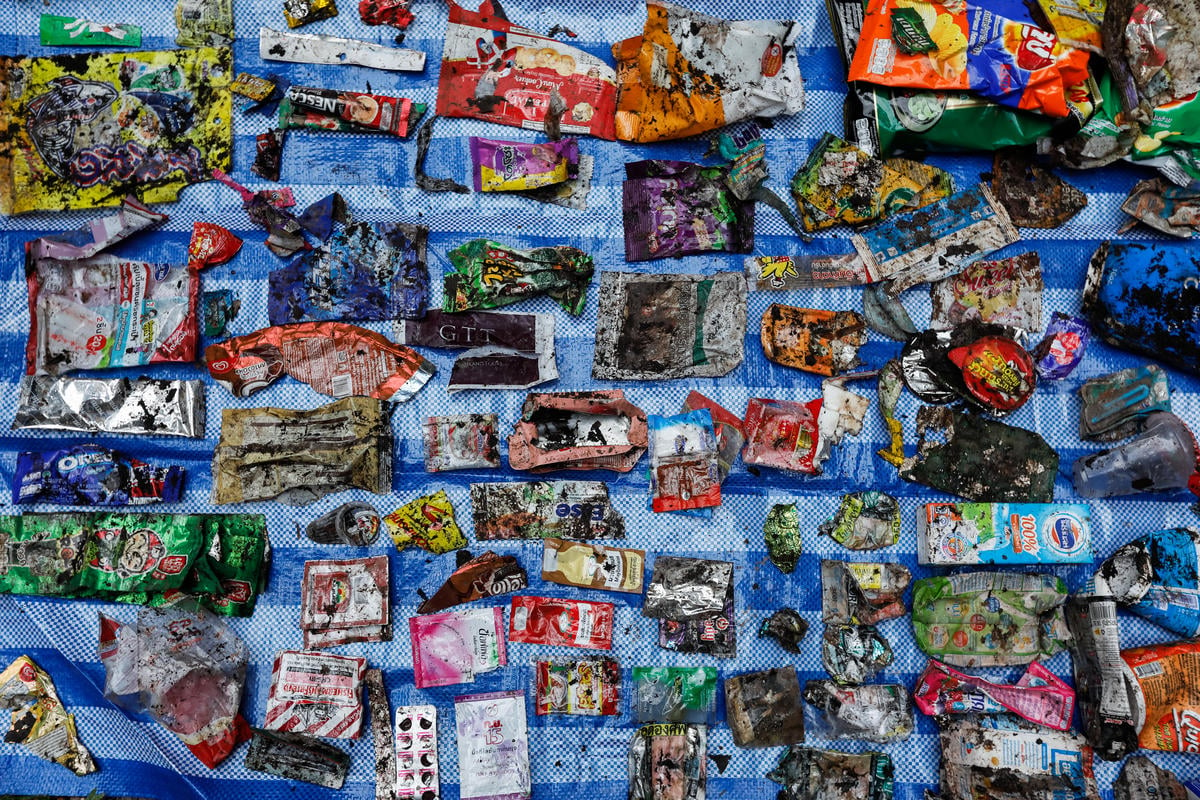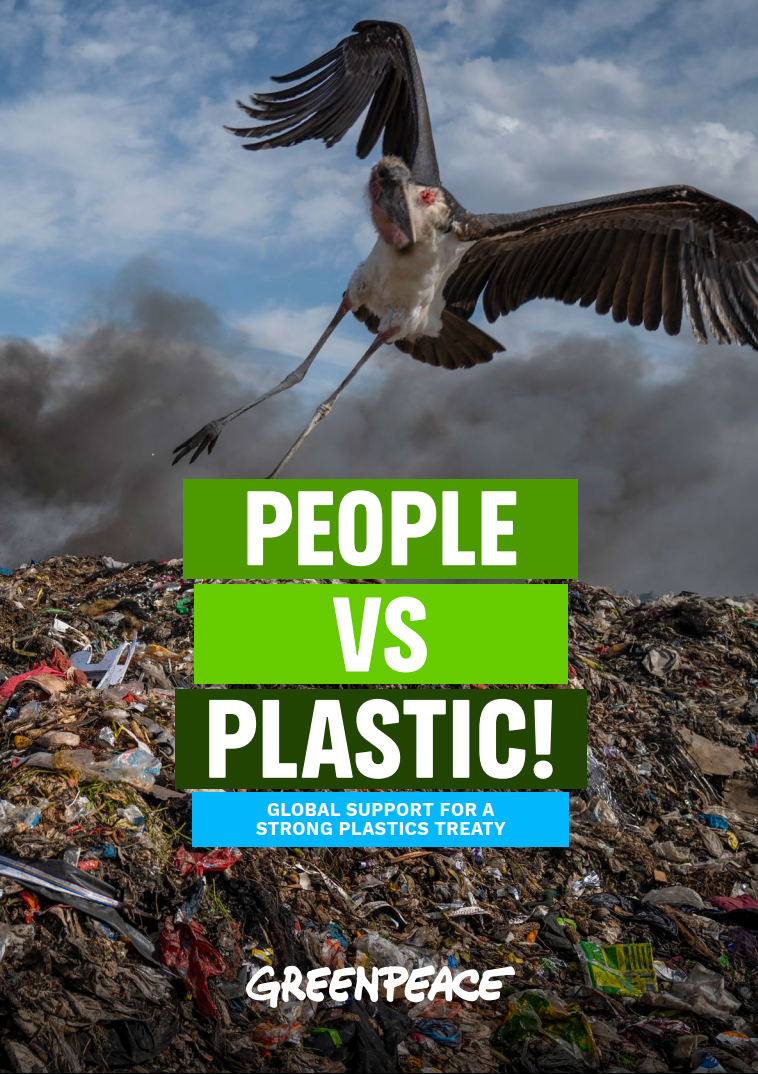Every April, the world celebrates Earth Day with great enthusiasm. It has become such a huge event that even companies have latched on to promote and flex their sustainability efforts. With so much corporate interest around Earth Day, especially with this year’s theme: Invest in Our Planet– it begs the question: what has been accomplished by companies and leaders touting sustainability?

© Tadchakorn Kitchaiphon / Greenpeace
Earth in crisis
The planet is undergoing a triple planetary crisis of climate change, biodiversity loss, and pollution that now threatens the survival of all species living on Earth. Our continued dependence on fossil fuels is literally cooking the planet and scientists have issued warnings that we must urgently quit fossil fuels and other activities that produce greenhouse gases that keep warming up the Earth’s atmosphere.
A plastic planet
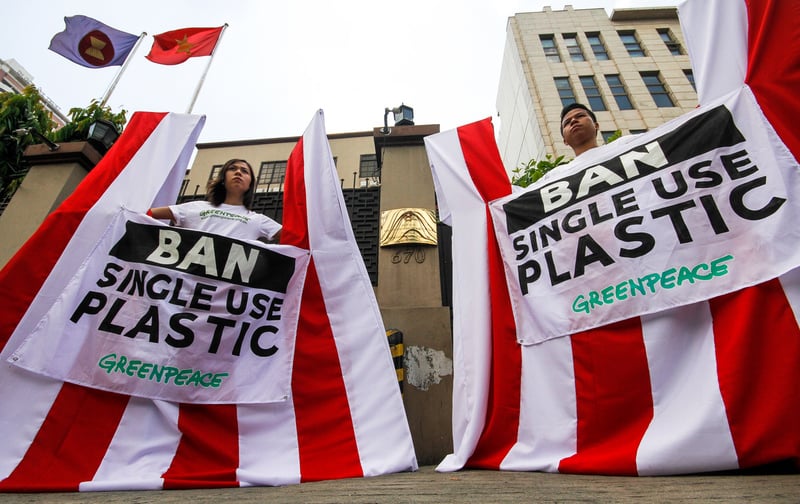
One of those sources is single-use plastic and its production. In addition to being by-products of fossil fuels, plastics contribute to the climate emergency throughout all stages of their lifecycle. The planet is also inundated with so much plastic pollution– approximately 7 billion tons of single-use plastics now fill up every nook and cranny of tired old Earth. Corporations that produce plastic pollution are fully aware of this fact yet choose to do next to nothing about it- even passing the burden on consumers to deal with their plastic waste. And plastic being plastic just never goes away but creates a whole set of problems, including economic and social injustice.
It is quite fitting that this year’s Earth Day theme is directed at companies and manufacturers that continue to produce so much plastic pollution and contribute to the climate crisis. “Invest in Our Planet” should challenge and mobilize governments, businesses, and even citizens to do their part in investing in a slow circular economy– an economic model aimed at minimizing waste and making the most of resources. In a statement, Earthday.org’s states “everyone must be accounted for and be accountable in that shift to sustainable models.” But for the billions of people affected by plastic pollution– particularly people from the Global South– and those merely getting by in our current economies, the choice is made impossible by existing systems controlled by corporations. The onus should be on the latter and the governments regulating industries, not on people who are already impacted and suffering from plastic pollution.
Wanted: An Ambitious Global Plastics Treaty

This is why we need a global plastics treaty that will not only mandate a cap and dramatic reduction of plastic production and the elimination of harmful single-use plastics, but also drive states and industries to invest in genuine, green and just solutions. We need a treaty that will catalyze systems change and usher in more sustainable refill and reuse business models, not continue broken systems that perpetuate disposable single-use plastic.
However, in creating that legally binding agreement, states and industries should secure a green and just transition for vulnerable stakeholders, particularly waste pickers, industry workers, small businesses, and low-income communities who rely on plastic.
This treaty must create an intentional and equitable mechanism ensuring that groups and communities who are displaced or adversely affected by the transition are consulted, protected and able to participate in the transition planning and decision-making processes which must take into account environmental, social, and economic impacts on vulnerable communities. The treaty must ensure that no one is left behind.
Most importantly, the Global Plastics Treaty must embrace authentic environmentally-sound approaches and reject false solutions like incineration and waste colonialism which perpetuate the broken systems and create further harms to the climate and the environment. The treaty would be well-served to look at community-led reuse solutions and innovations from Indigenous peoples and local communities from the Global South. It should also compel governments and corporations to give financial support and incentives for the development and advancement of reuse and refill systems. The same goes for investing in research to create durable, non-toxic and reusable alternatives.
Take action now
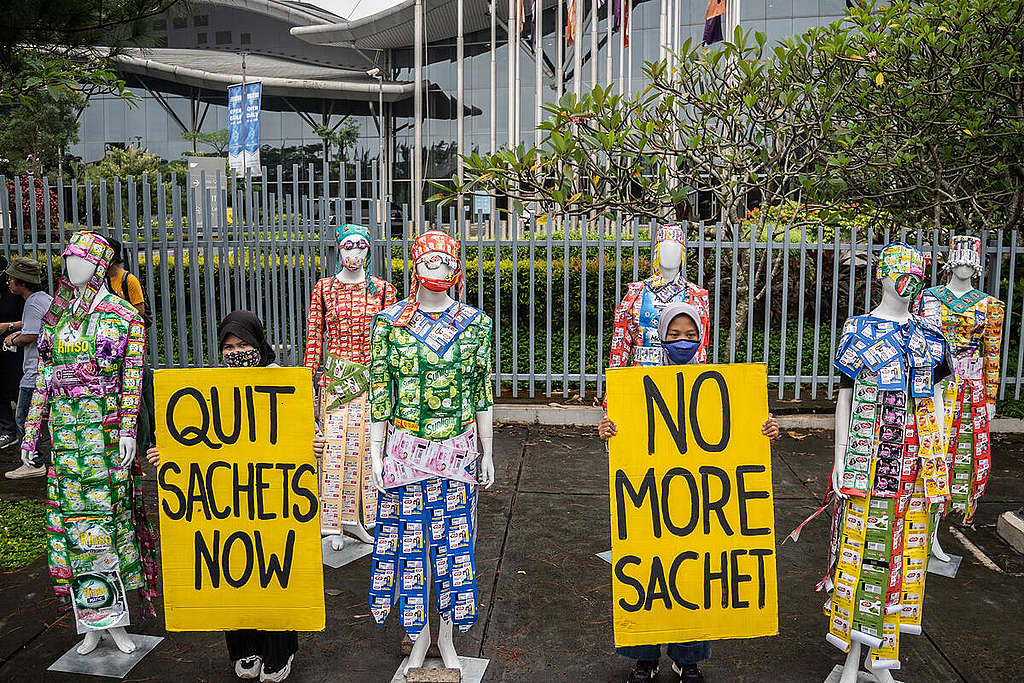
For Earth Day, Greenpeace and our allies working to secure a Plastic-Free Future are calling out to governments and corporations to act now and be more ambitious about their sustainability commitments. Now is the time to show their true colors and promote real solutions to address the triple crises of climate change, biodiversity loss, and plastic pollution.
Phasing out single-use plastic requires collaboration and commitment from all stakeholders, but the biggest actors – governments and corporations need to commit and invest resources and time to address the negative consequences of plastic pollution to people and the environment. We need to protect our planet against plastic pollution for future generations, while ensuring no one gets left behind in the journey to a better future.
Marian Ledesma is a Zero-Waste Campaigner for Greenpeace Southeast Asia-Philippines. She is an official delegate to the next Intergovernmental Negotiating Committee (INC2) Session on plastic pollution to be held next month in Paris.

